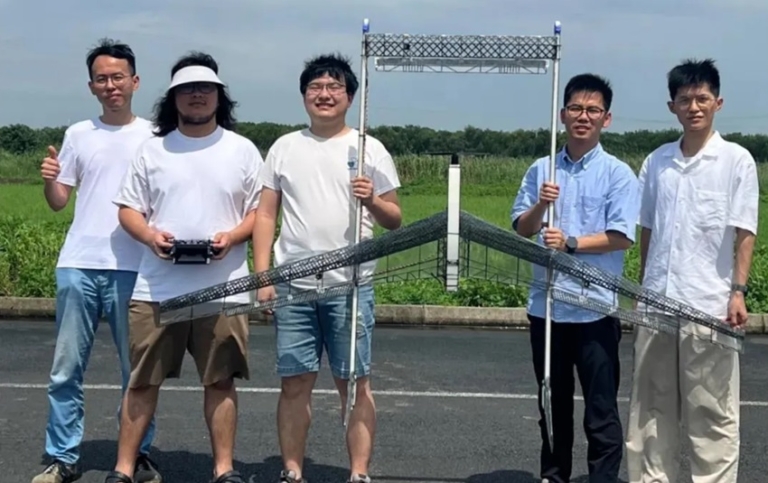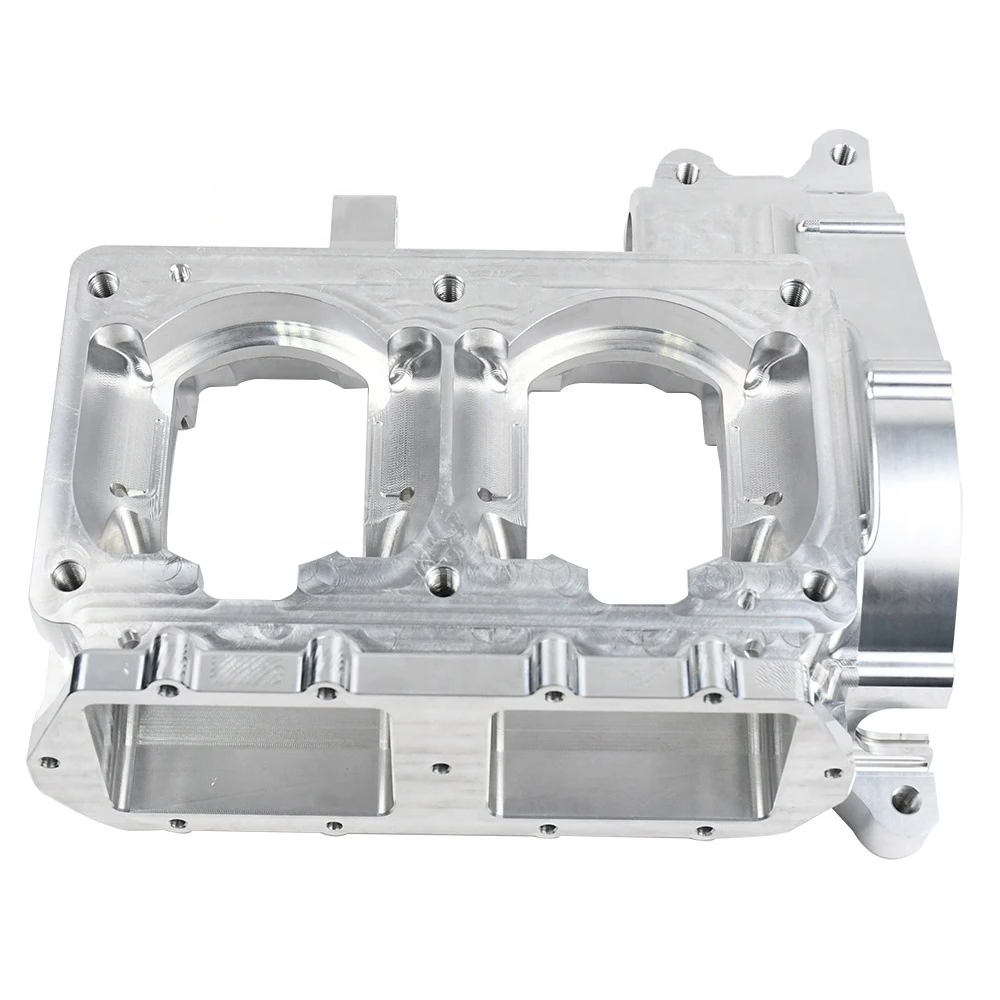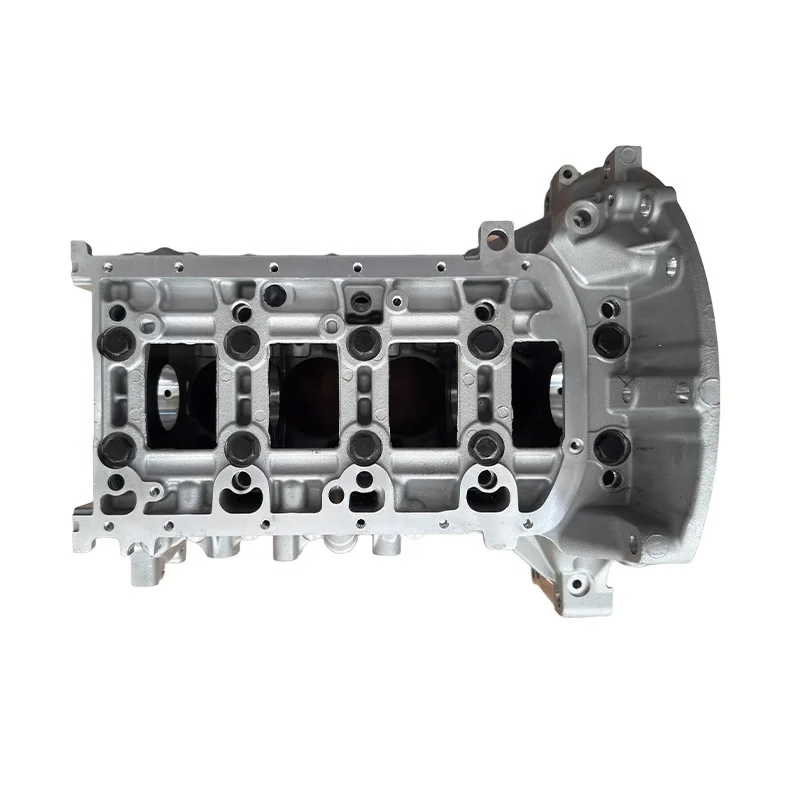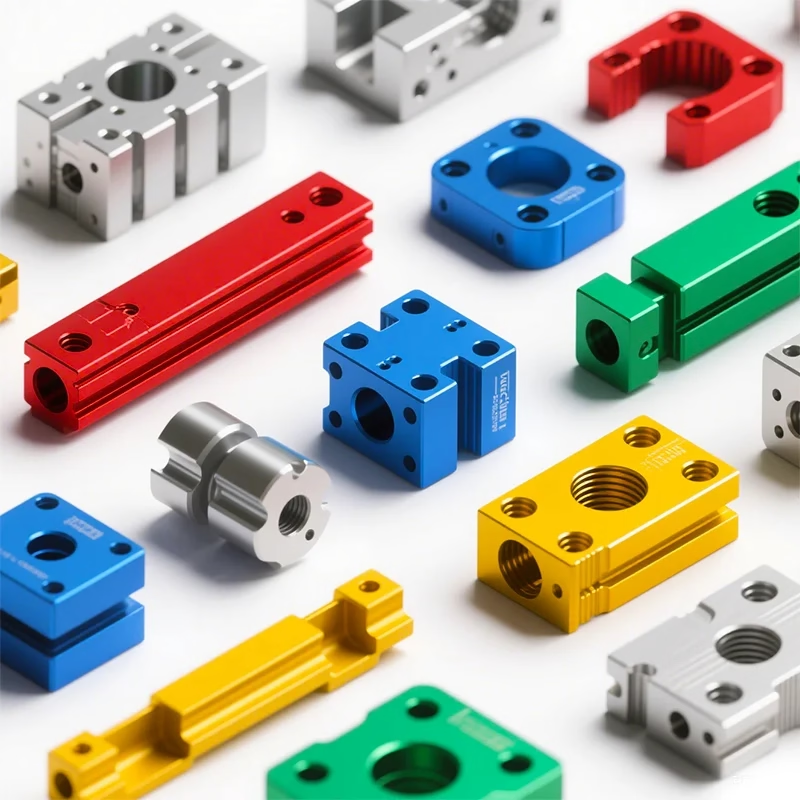The School of Aerospace and Mechanical Engineering of Tongji University cooperated with Shanghai COMAC Aeronautical Design and Research Institute to successfully develop a domestic drone using carbon fiber-reinforced resin composite materials continuous. The drone’s successful test flight highlights the potential of this technology in the growing field of drone manufacturing.
Advances in 3D printing drone technology
This drone, called “Set No. 1”, adopts a canard-type swept wing design with a wingspan of 2.1 meters and a takeoff weight of only 1,400 grams. This development demonstrates the potential of continuous fiber composite 3D printing technology to create lightweight and aerodynamically efficient drones. Using this technology enables rapid prototyping of complex topologies, which is essential for producing lightweight drones with complex designs.
This achievement marks an important milestone in Tongji University’s continued exploration of rapid manufacturing technology for lightweight composite drones. The school’s scientific research team is led by Professor Li Yan and funded by the national key research and development project “Large-format fiber-reinforced thermoplastic composite material additive manufacturing technology and equipment”. The successful test flight of “Tongfei No. 1” verified the project’s progress in the application of innovative technologies in the aviation industry.
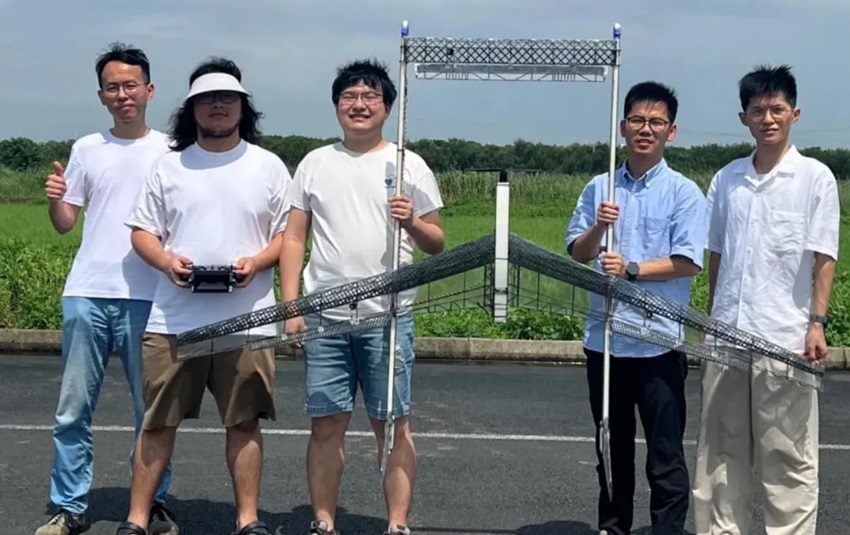
Tongji University drone team. (Image source: Tongji University)
Test flights and technical potential
During the test flight, the “Tongfei No. 1” demonstrated impressive performance in maneuverability, durability, response speed, flight safety and stability. These results highlight the benefits of continuous carbon fiber reinforced composite 3D printing technology in drone manufacturing. This technology’s ability to quickly produce complex and lightweight structures makes it a promising tool for future drone design and production.
The “Tongfei 1” developed by Tongji University represents a milestone in the application of continuous 3D printing technology of carbon fiber composites to drone manufacturing. The successful test flight highlights the technology’s ability to quickly produce lightweight, high-performance drones with complex designs. As research progresses, this technology will play an important role in the future development of drones, opening new opportunities for design innovation and manufacturing efficiencies.
Daguang focuses on providing solutions such as precision CNC machining services (3-axis, 4-axis, 5-axis machining), CNC milling, 3D printing and rapid prototyping services.
